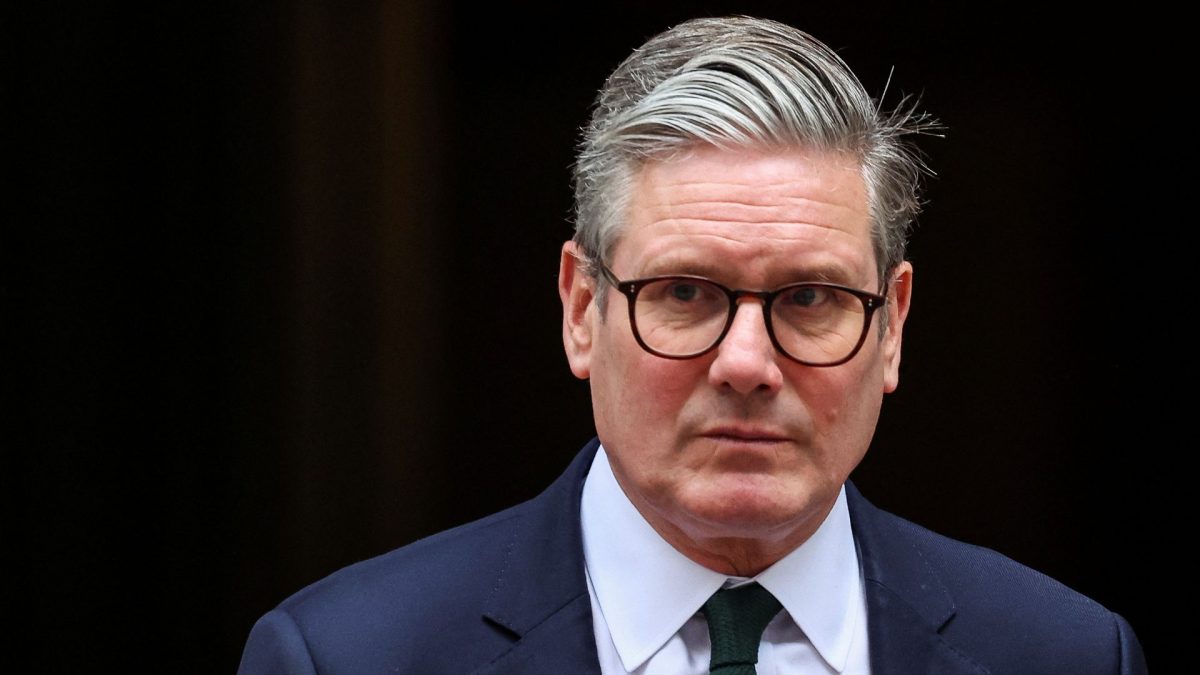England has had a long history of transatlantic slave trade that began in 1562. By the 1700s, Britain was the world’s biggest slave-trading nation in a triangular route that was etched between Europe and Africa. The effects of the slave trade have left a long lasting impression on world history. Now, Prime Minister Sir Keir Starmer has said that the UK “can’t change our history” in response when asked about paying reparations linked to the transatlantic slave trade.
Starmer’s comments, made during a Commonwealth meeting in Samoa, come as leaders from 56 countries gather to discuss various pressing issues, including the legacy of slavery.
As per a report in BBC, Starmer acknowledged the abhorrent nature of the slave trade and spoke on the importance of engaging in conversations about historical injustices. However, he ruled out any financial reparations, stating, “that’s not something that this government is doing."
Instead, Starmer urged focus on contemporary challenges, such as climate change resilience and enhancing trade among Commonwealth nations.
This dialogue on reparations holds significance amid diplomatic sources reporting that Commonwealth heads of government are eager to initiate a “meaningful conversation” regarding the UK’s historical role in slavery. The topic, however, has been officially dismissed by Downing Street, which stated that it would not be on the agenda for the summit.
Impact Shorts
More ShortsLeaders from Commonwealth nations have been vocal in their demands for the UK to acknowledge its past and consider reparatory justice in various forms, including financial reparations, debt relief, and educational initiatives.
Keir’s comments echo sentiments expressed by other leaders at the summit, with some suggesting that a formal apology would be a simple yet significant step for the UK government.
King Charles III, during the summit’s opening, underscored the importance of acknowledging the painful aspects of history, stating, “Our cohesion requires that we acknowledge where we have come from.”
He said, “I understand from listening to people across the Commonwealth how the most painful aspects of our past continue to resonate,” adding, “It is vital therefore that we understand our history to guide us to make the right choices in the future.”
He also went on to add, “None of us can change the past, but we can commit with all our hearts to learning its lessons, and to finding creative ways to right inequalities that endure.”
Meanwhile, Frederick Mitchell, the foreign minister of the Bahamas, expressed optimism that the UK would eventually alter its stance on reparations, suggesting that an apology could be delivered in a straightforward manner. In a nod to past efforts, Sir Keir reminded attendees that an apology had already been issued in 2007 by then-Prime Minister Tony Blair, who expressed remorse for the slave trade during discussions with Ghana’s president.
During the event, Sir Keir also addressed a recent complaint from Donald Trump’s team regarding Labour Party members volunteering for Kamala Harris’s presidential campaign. He stated that the situation is a common practice among political parties and spoke on the importance of maintaining a constructive relationship with the former US president.
)